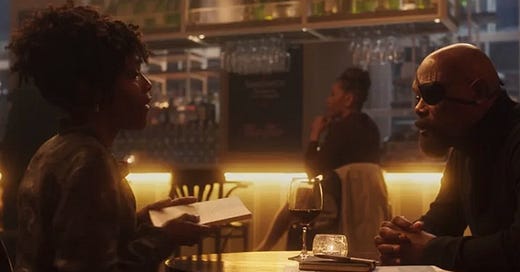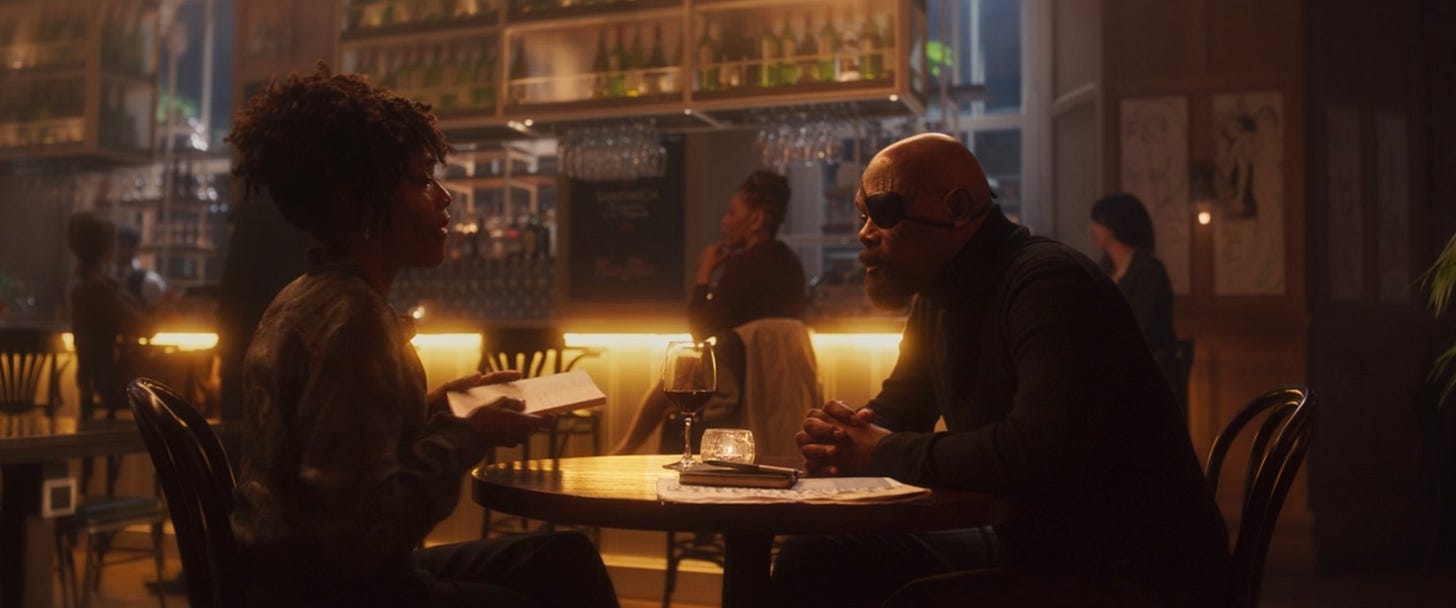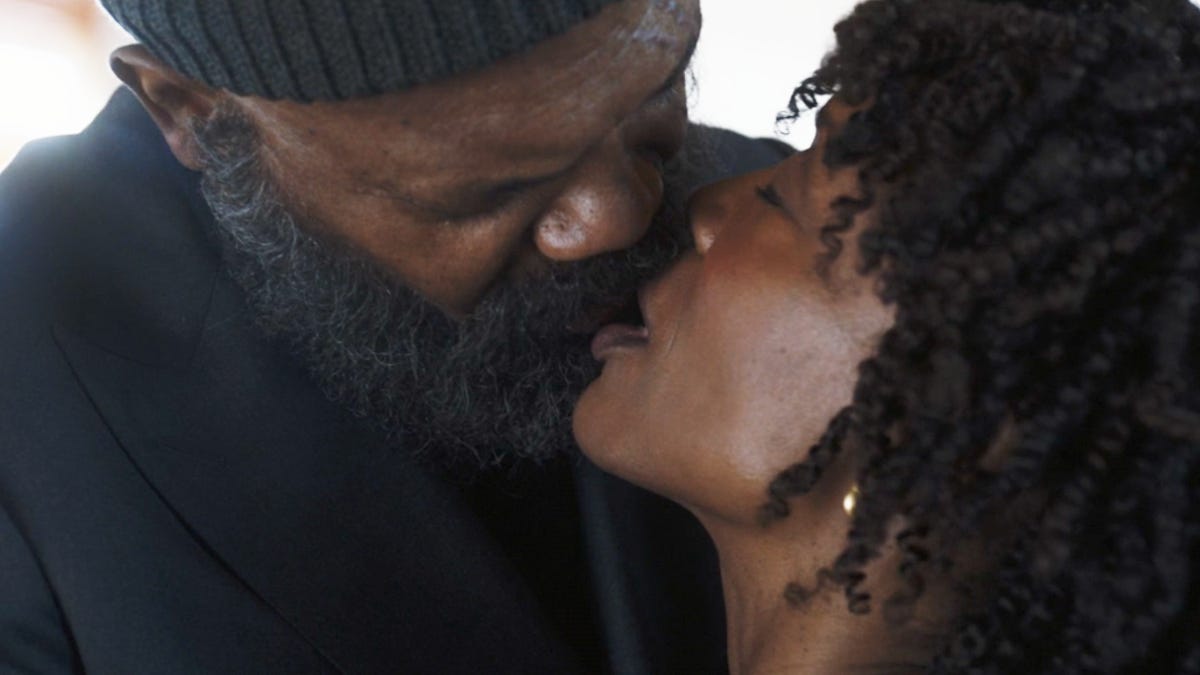Superheros Spouting Poetry: You Love to See It
Marvel's Secret Invasion was just OK, but the writers' taste in poetry? Impressive.
I think a lot about Martin Scorcese’s often-cited comment that Marvel movies are “not cinema.” In a 2019 interview with Empire, the famous director likened the MCU to a “theme park” designed to appeal to the masses—a categorically different imperative than the films he makes and enjoys viewing.
Scorcese followed his comment with a more thorough, deeply felt, and well-written rejoinder in The New York Times. It’s hard to argue with his main point:
In the past 20 years, as we all know, the movie business has changed on all fronts. But the most ominous change has happened stealthily and under cover of night: the gradual but steady elimination of risk…
There are some in the business with absolute indifference to the very question of art and an attitude toward the history of cinema that is both dismissive and proprietary — a lethal combination. The situation, sadly, is that we now have two separate fields: There’s worldwide audiovisual entertainment, and there’s cinema. They still overlap from time to time, but that’s becoming increasingly rare. And I fear that the financial dominance of one is being used to marginalize and even belittle the existence of the other.
And yet.
Marvel movies may not be cinema. But they are an unbelievable platform.
Until 9th graders can name as many 20th and 21st-century poets as they can Marvel movie actors, I’m going to champion the appearance of poetry on the silver screen (or the laptop screen, if you participate in the streaming services Scorcese sighs about) whenever I can.
Recently, Marvel’s Secret Invasion television series highlighted the work of a writer known for both his short stories and poetry in a manner that was serious, organic, and very successful. The writers deeply embedded a poem into a television episode, and the result is a model for the role that poetry can play not only in the larger culture but also in our daily lives.
Even So?
Carver! Huh! is what I said when Nick Fury (Samuel L. Jackson) asked the woman who would become his wife (played by Charlayne Woodard) what she was reading during a flashback in Episode 4 of Marvel’s Secret Invasion. The episode, titled “Beloved” after a line from the poem in question, takes a deeper look at the state of the Fury marriage and shows us a bit more about how the couple came to be.
The poem that Priscilla is reading at a restaurant table is Raymond Carver’s “Late Fragment,” the final poem in his final book, A New Path to the Waterfall. So apt and lovely is this poem that it also appears on Carver’s headstone—the poet died in 1988 at the age of 50.
Carver is proof against the myth that drinking is a writing aid. After struggling with alcoholism for decades, Carver gave up drinking in 1978 and spent the next ten years leaving his mark on American Letters and living, as he termed it, a life of pure “Gravy” (the other poem that appears on his headstone).
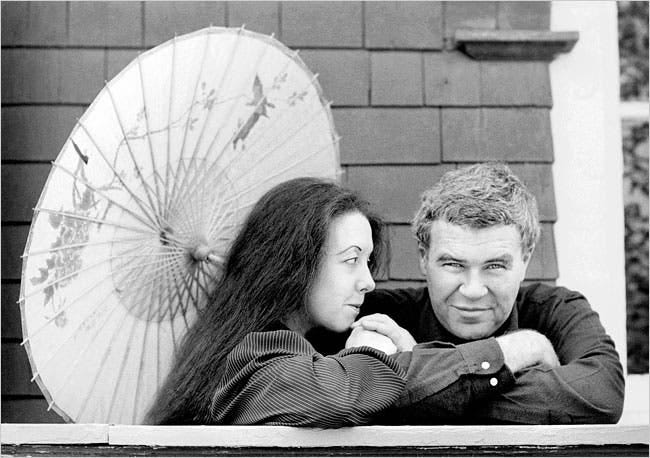
Carver’s path in the writing world was a winding one, full of fits and starts: his brilliance was, for years, obscured by the drinking that made it difficult for his professional career to take off. His personal life was similarly tumultuous, rife with infidelity. It was only after he became sober that Carver found true and lasting success and personal happiness if we allow ourselves to read “Late Fragment” and “Gravy” autobiographically.
But Carver’s long road to contentment makes “Late Fragment” all the more poignant: that “even so” at the end of the second line might be understood as “despite it all?” Did you get what you wanted, despite the drinking and the pain and the heartbreak and the struggle? the poem asks. Carver says yes, and so do the Marvel characters who read this poem in Secret Invasion.
Beloved on the Earth
*SPOILERS AHEAD*
As Nick and Priscilla head closer to a confrontation about who they really are both individually and as a couple, the poem takes on new significance. Those familiar with the poem know its status as Carver’s final work, and those just hearing it for the first time are able to access the poem’s tension through its frank appraisal of the speaker’s life. The central question of “did you get what / you wanted from this life…?” is one that can only be asked at a life’s end.
Nick begins to suspect (or is finally ready to admit, depending on your take) that his wife is not who he thought she was, and Priscilla has been instructed to kill her husband. Tense stuff. Something has to end, and the writers use the poem to help the couple look back on their life together.
The poem first appears in flashback as Priscilla reads it from a book, but it becomes a kind of talisman for the couple. Years later, sitting at their kitchen table, Priscilla and Nick now recite the poem back and forth in a tense scene where both have guns drawn at one another, sure that this is the end of their marriage and the end of at least one of their lives.
Through their recitation of Carver’s poem, they’re able to admit (and we’re meant to understand) that as bad as things are now, their life together has been a good one. They each have felt beloved, at least for a time. In a way, they’re admitting that whatever happens next, they don’t have any regrets about the past.
I won’t spoil the whole thing, but the poem’s appearance in a book, the double recitation of “Late Fragment,” and the titling of the episode after the poem demonstrate a deep engagement and real understanding of the poem both on its surface and in its autobiographical context. It shows a couple reading and enjoying poetry, allowing it to become a part of their shared history and their shared language. It’s really something. Marvelous, even (I couldn’t help myself).
I Did
Making the argument that Marvel properties are “entertainment” but not “cinema” is the same kind of distinction literary writers sometimes make between “genre fiction” and “literary fiction” or “internet poetry” and “literary poetry.” If we think of this as a neutral descriptor, it’s fine. But there are inherent value judgments and moral imperatives assigned to these categories, and that has the potential to turn off new readers, particularly young ones. Comic books and graphic novels are not only excellent in-roads to other kinds of reading for kids—they’re good to read on their own. Not all roads have to lead to writers like Carver.
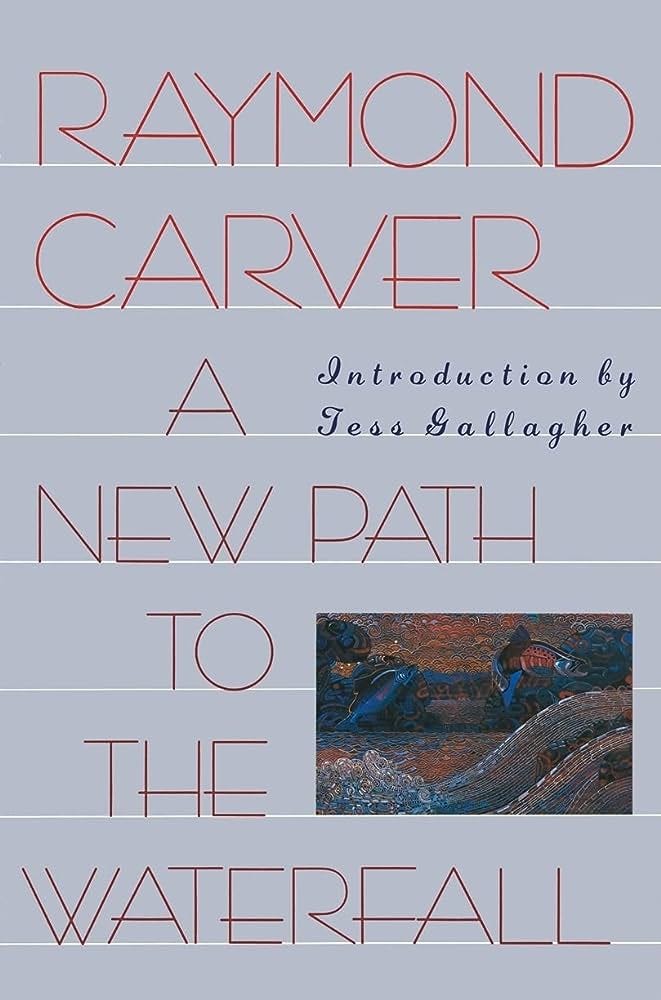
Instead of worrying that “audiovisual entertainment” will snuff out “cinema,” Scorcese and other filmmakers who prefer to create the latter have to accept that these kinds of films have different goals and that it’s possible for one kind of movie to lead audiences to the other kind. Scorceses’s defense is that artistic films are marginalized. This is the same argument that could be made for poetry on an even lower-stakes scale since even the most famous poets don’t make any money.
But in the same way that it’s a bad look for literary writers to speak ill of genre or populist writers, it’s bad business for artists and entertainers to be hardliners on the boundaries of their art form, even if they fear for that art form’s existence. Just look at poetry! We’ve been wringing our hands about its demise for eons, and still it persists. It always will, and so will cinema.
Maybe a young person watching Secret Invasion might take a liking to Samuel L. Jackson and end up watching Pulp Fiction. Or maybe they do a deep dive on Ben Mendelsohn and end up watching The Place Beyond the Pines. Maybe if you read Rupi Kaur on Instagram you’ll find yourself reading Robert Creeley or Eileen Myles or yeah, Raymond Carver.
Or not. It’s okay to enjoy things just because you enjoy them. Whether you’re a creator or a fan, wherever and however you can feel yourself to be “beloved on the earth…” do that. Make that. Watch that. Read it.
Related
This X-Men Character's Love of Poetry Got Left Out of the Film Franchise
As Derrick Austin noted in his PopPoetry interview, X-Men: The Animated Series (1992–1997) introduced countless 90s kids to poetry more than once. How did the show work poetry into superhero situations? Through the extraordinary character of Beast, of course.
Oscar Isaac Said We Can Call Him Daddy AND He Recites French Poetry? Oof!
In a recent interview, “everyone’s internet husband” Oscar Isaac said that he wasn’t aware that fans referred to him as “daddy” but welcomed them to do so. Back at the top of our minds once again due to his starring role in Marvel’s latest Disney+ original miniseries

